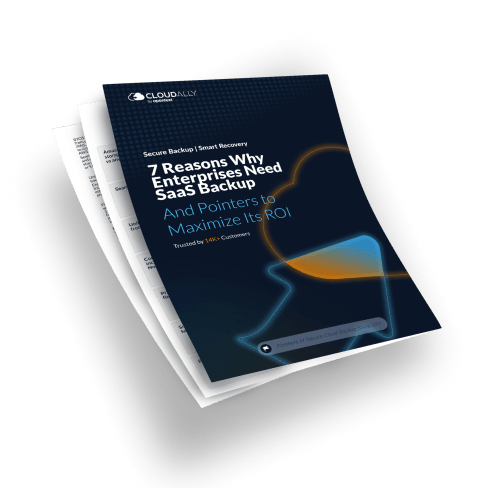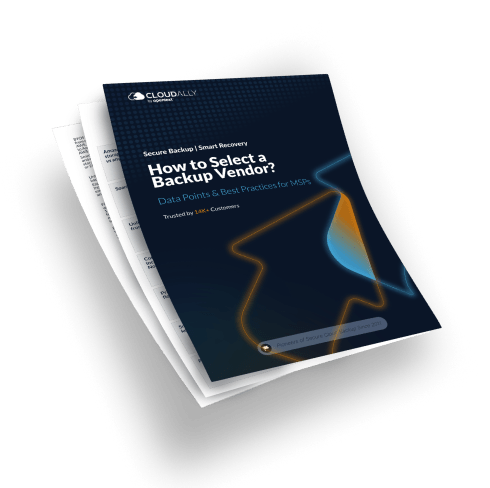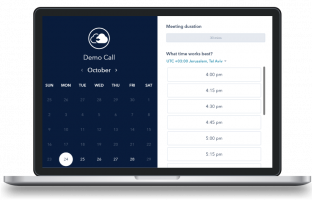What Is Data Isolation?
Data isolation refers to the practice of separating different types of data within a system in order to ensure security, privacy, and integrity. This means that each type of data is stored separately from other types of data, preventing unauthorized access or accidental modification. In today’s digital landscape, where sensitive information is constantly being created and shared, data isolation has become an essential aspect of protecting valuable assets. Without proper data isolation measures in place, organizations are vulnerable to cyber attacks and breaches that can compromise their sensitive information.
Benefits of Data Isolation
The primary benefit of data isolation is enhanced security. By separating different types of data, organizations can restrict access to specific groups or individuals who have the proper clearance and authorization. This reduces the risk of unauthorized users gaining access to sensitive information and provides an added layer of protection against cyber threats.
Data isolation also helps maintain privacy by ensuring that personal or confidential information is only accessible to authorized parties. For example, a healthcare organization may choose to isolate medical records from financial data in order to protect patient confidentiality.
Moreover, data isolation allows for better control over data integrity. By keeping different types of data separate, organizations can prevent accidental modifications or deletions that could compromise the accuracy and reliability of their data.
Methods of Data Isolation
Some ways to implement data isolation include:
- Logical Isolation: In this method, data is stored in separate databases or systems that are not connected to each other. This ensures that each dataset remains independent and inaccessible from the others.
- Physical Isolation: Physical isolation involves physically separating different datasets by storing them on separate servers or hardware devices. This helps prevent data leaks and unauthorized access as the physical barriers act as a deterrent for potential hackers or intruders.
- Encryption: Encryption is another effective method of data isolation where data is coded and can only be accessed with a specific encryption key. This ensures that even if someone gains access to the encrypted data, they cannot decipher it without the proper key.
- Segregate networks: Keep sensitive data on a separate network that is not connected to the internet or other unsecured networks. Utilize virtual private networks (VPNs) to create an encrypted connection between a user’s device and the company’s network, ensuring secure communication.
- Use firewalls and intrusion detection systems: These can help detect and block any unauthorized attempts to access the network.
- Regularly update software and use anti-virus protection: This can help prevent malware and viruses from compromising the security of sensitive dat
- Access Controls: Implementing strict access controls can also help with data isolation. This involves restricting access to only authorized individuals and regularly monitoring and auditing user permissions. By limiting the number of people who can access sensitive data, the risk of unauthorized access or leaks is reduced.
Secure Your Cloud Data With Backups with Isolated Data Backup
- With incremental backups, only delta changes are stored, making backups faster. It also improves data indexing for quicker granular or point-in-time item-level recovery.
- Our backups are stored on high-performance Amazon S3 storage. Moreover, use of a unique S3 folder for each customer ensures data isolation.
- Our backup and recovery workflows limit API calls, improving scalability and enhancing security.
- Our secure cloud platform uses advanced encryption methods to protect your data from unauthorized access. In addition, you can enforce mandatory 2FA.
Try it out – Start your full-featured Free Trial Now. No payment details or installation required.










